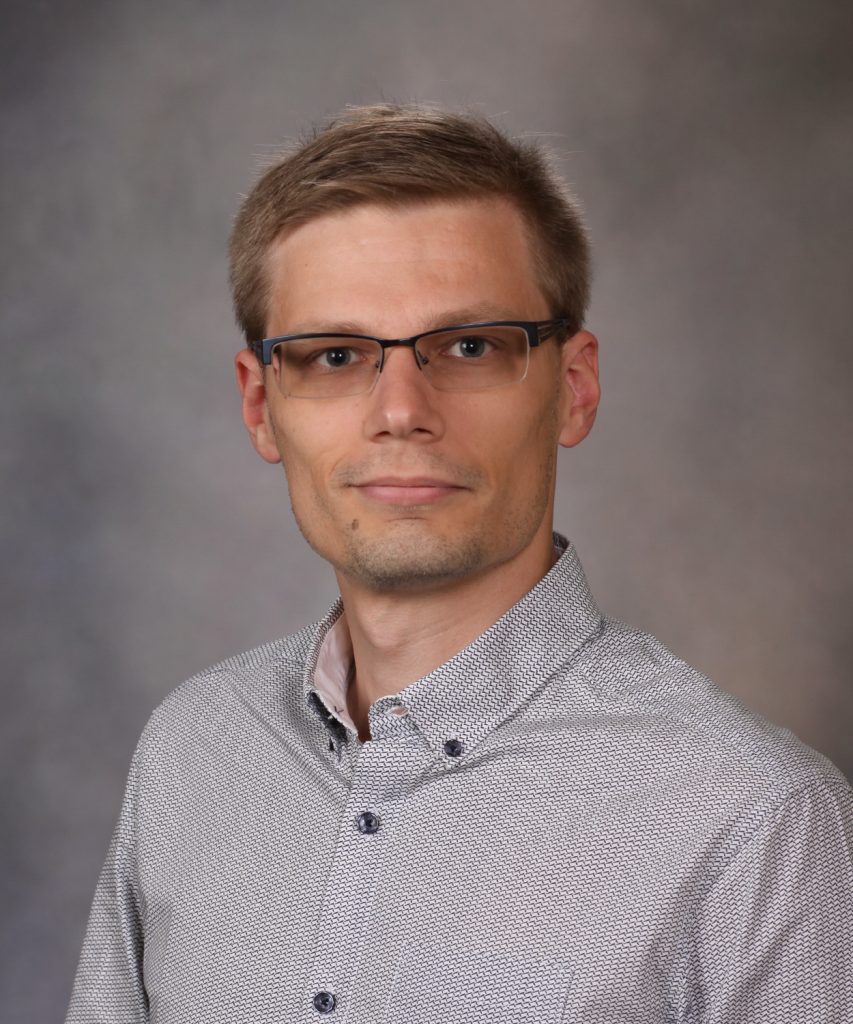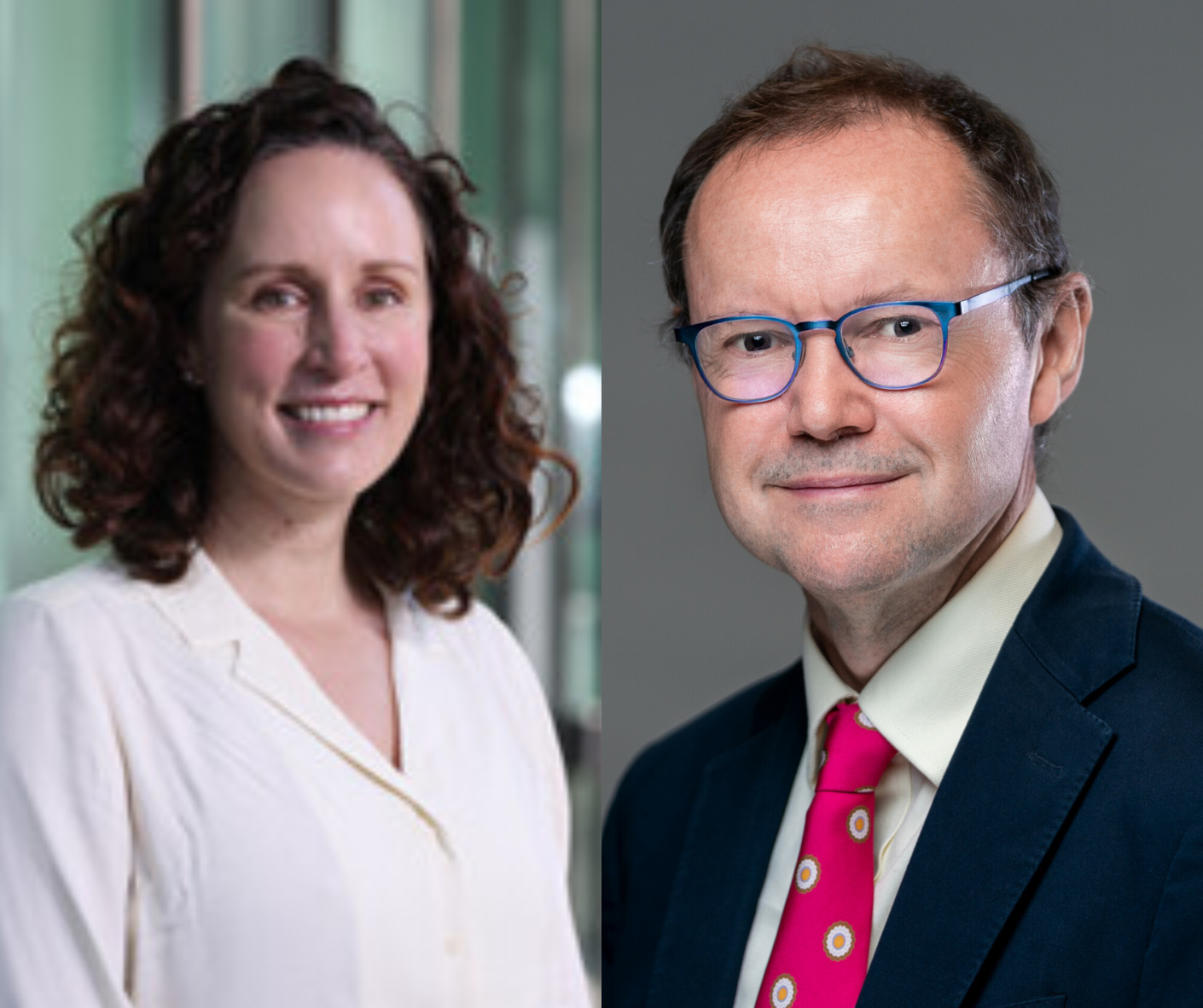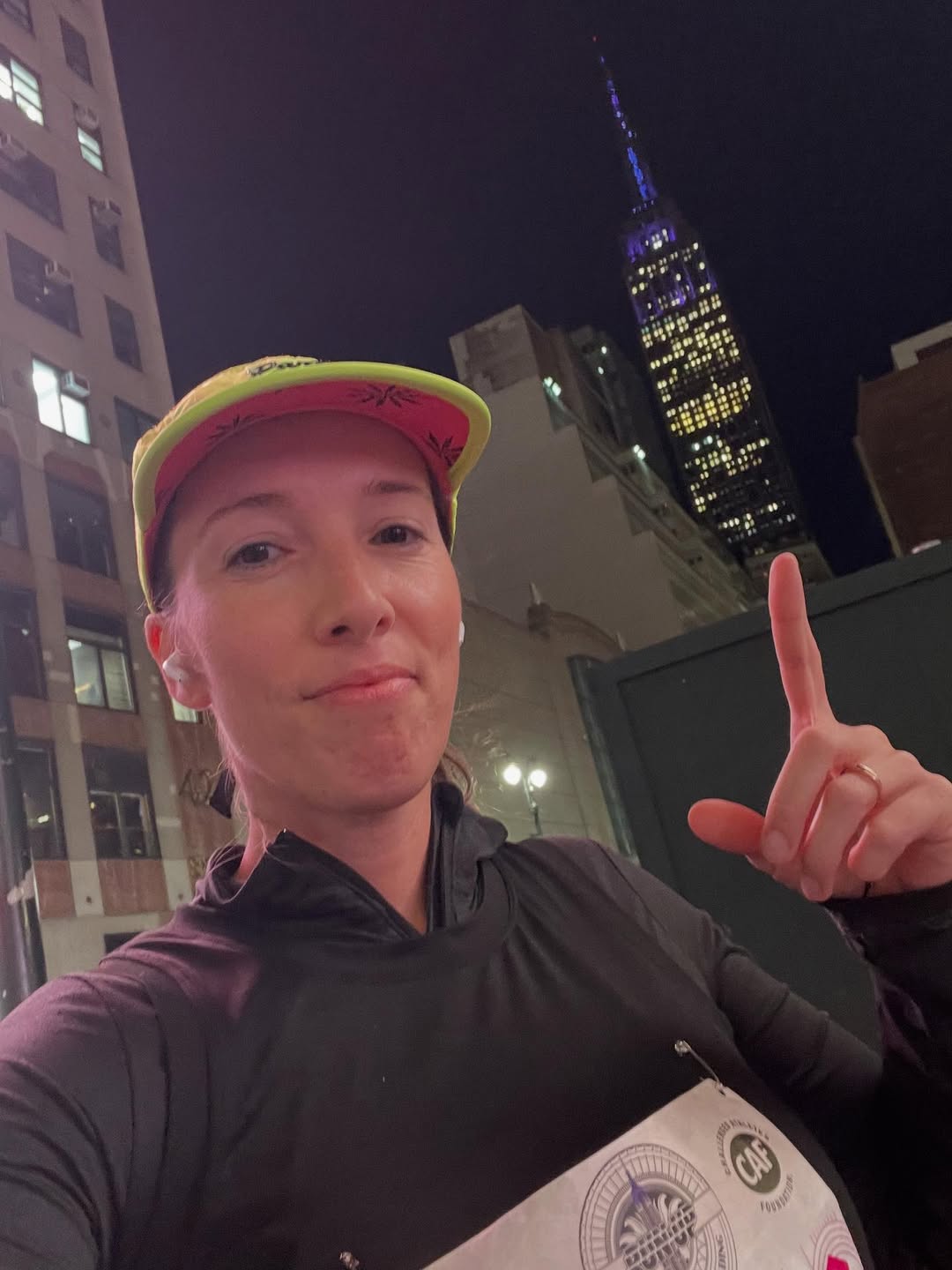
Dr. Benoît Brangantini, of Mayo Clinic, is a 2021 recipient of OCRA’s Mentored Investigator Grant. With his project, “Probing Homologous Recombination DNA Repair Factors in Chromatin by cryo-EM,” Dr. Bragantini aims to better understand how DNA damage and repair mechanisms can lead to ovarian cancer, and how these processes can be controlled to prevent ovarian cancer from developing and spreading, even making PARP inhibitors more effective in combatting the disease.
What initially sparked your interest in science?
For as long as I can remember, I have been interested in science. I am fascinated by how things work in general. I am particularly interested in understanding the complex molecular interactions that make us living organisms.
What drew you to the field of ovarian cancer research?
I read and was excited about the research of Dr. Georges Mer on ovarian and breast cancer before joining his team at the Mayo Clinic. As a member of his group for several years now, I am convinced that the basic research we do to understand the detailed mechanisms underlying ovarian and other cancers could lead to rational ways of better controlling and treating cancer. I am motivated to continue working tirelessly on our research so that I can be of help to people with cancer.
Can you explain your research project?
In my project, I try to understand the mechanisms that can cause ovarian cancer and how these mechanisms can be manipulated or controlled to reverse or stop cancer. Normally, our body is equipped with the appropriate responses to repair damage to our DNA. This keeps us healthy. When we lose the ability to respond properly, leaving the DNA damage unrepaired, we could become sick with cancer. These responses are controlled by the so-called DNA damage response proteins in our cells. I study these proteins to determine how they work exactly so that we can have a better understanding on how to control or correct defective responses to DNA damage, which are often associated with cancer.
What motivates you to persist in your research?
My work on ovarian cancer gives me the feeling of being useful and helpful to others, especially those whose lives have been touched by ovarian cancer.
What is your hope for the field of ovarian cancer research?
There are several forms of ovarian cancer, making it a complex disease. Sometimes it may feel like progress is slow. However, because of the ongoing work of many scientists and physicians, each day we learn more about the tightly regulated molecular pathways in our cells that become dysregulated in ovarian cancer. As we understand more about these pathways at the level of interacting biological molecules, we will be able to use this fundamental knowledge to develop new means of treating and preventing ovarian cancer. I am very hopeful and optimistic that the molecular-level knowledge gained about what drives ovarian cancer will translate into new drugs and better treatments.
If you had the opportunity to personally thank someone from the OCRA community who supported your work, what would you say?
OCRA is an alliance of many people from administrators to volunteers. I will always be thankful to OCRA as a whole for the support it has given me. My research, supported by OCRA, is centered on understanding the molecular mechanisms that become dysfunctional in ovarian cancer. My ultimate long-term goal is to use this knowledge to help develop improved therapeutics to combat ovarian cancer and to counteract drug resistance experienced by patients with cancer. I will do all I can to be worthy of the trust OCRA has placed in me.
See more OCRA-funded research projects focused on DNA repair and analysis, drug resistance, and PARP inhibitors.


